Activision Blizzard Acquisition: FTC Appeals Blockbuster Ruling
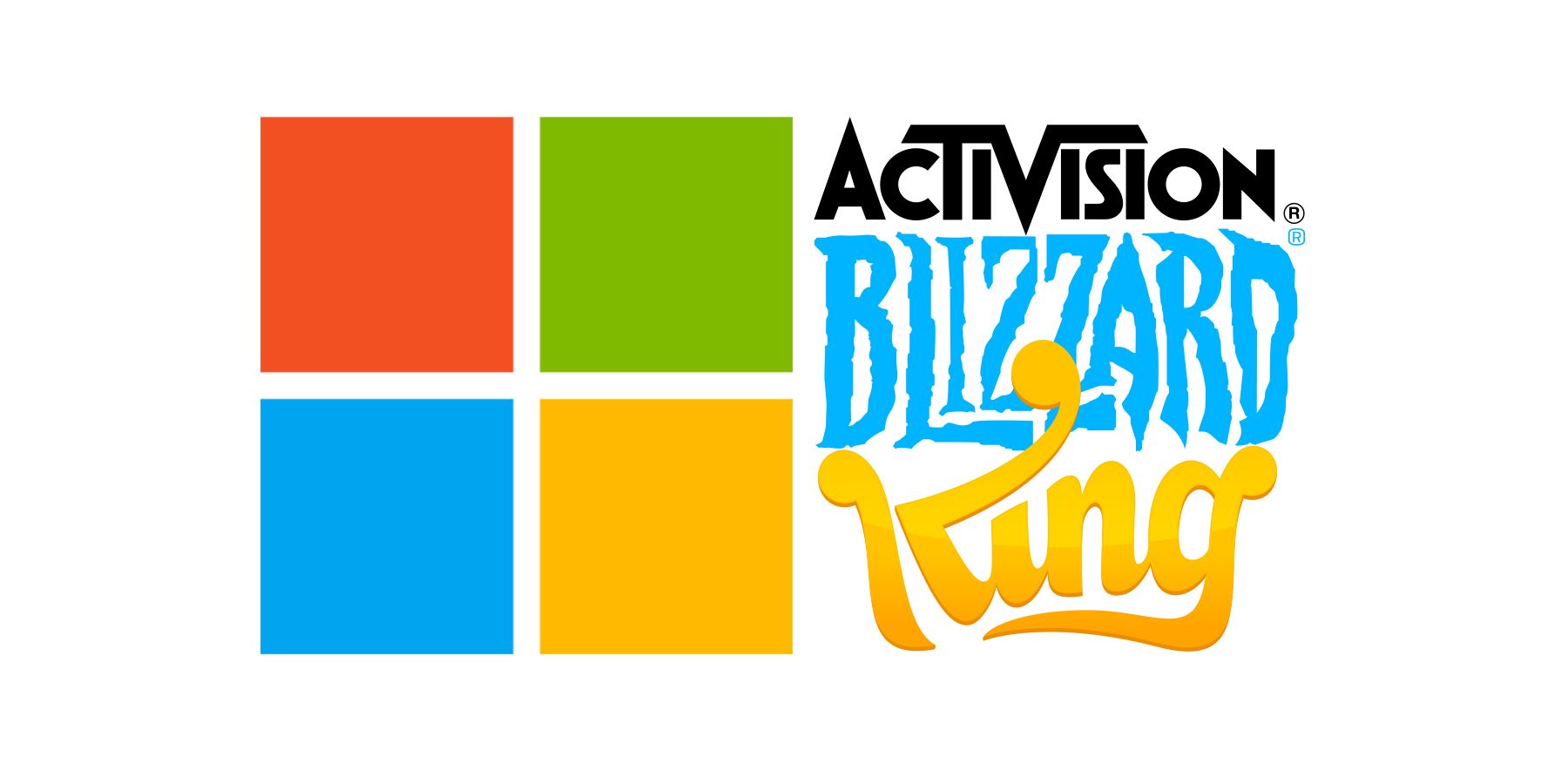
Table of Contents
The FTC's Arguments for Appeal
The FTC's appeal rests on two primary pillars: concerns about anti-competitive practices and procedural challenges to the initial court decision.
Concerns about Anti-competitive Practices
The FTC argued that the Activision Blizzard acquisition would create an unfair monopoly, harming consumers and stifling competition. Their core concern centers on the potential for Microsoft to leverage its control over key franchises, particularly Call of Duty, to harm competitors.
- Loss of competition in the console gaming market: The FTC argued the merger would significantly reduce competition between Xbox and PlayStation, giving Microsoft an undue advantage.
- Potential for Call of Duty exclusivity or reduced accessibility: A central point of contention was the possibility of Call of Duty becoming exclusive to Xbox or significantly less accessible on competing platforms like PlayStation, potentially harming PlayStation's market share.
- Impact on game pricing and subscription models: The FTC expressed concern that the acquisition could lead to higher prices for games and less competitive subscription models, ultimately hurting consumers.
- Reduced innovation due to lack of competition: A lack of competition, the FTC argued, would stifle innovation in the gaming industry, slowing down the development of new and exciting gaming experiences.
Procedural Issues and Legal Challenges
Beyond the merits of the acquisition itself, the FTC also raised several procedural objections to the initial court decision.
- Dispute over the weight of evidence: The FTC disagreed with the judge's assessment of the evidence presented by both Microsoft and the FTC, arguing that the judge underestimated the potential for anti-competitive behavior.
- Challenges to the judge's assessment of anti-competitive behavior: The FTC challenged the judge's interpretation of antitrust laws in the context of the gaming industry's unique dynamics and rapidly evolving business models.
- Arguments concerning the application of antitrust laws: The FTC argued that the court misapplied or misinterpreted relevant antitrust laws in its decision to allow the acquisition.
Microsoft's Response to the Appeal
Microsoft vehemently defends the acquisition, arguing it's pro-competitive and beneficial to consumers.
Maintaining the Acquisition is Crucial
Microsoft maintains that the acquisition will ultimately benefit gamers.
- Expansion of game accessibility through Xbox Game Pass: Microsoft highlighted the expansion of game accessibility through its Xbox Game Pass subscription service, arguing that more games will be available to more players.
- Investment in game development and innovation: They emphasized their commitment to investing further in game development and innovation, promising a wider array of high-quality games for consumers.
- Claims of maintaining competition with other major gaming companies: Microsoft insisted the acquisition will not eliminate competition, citing the continued presence of major players like Sony, Nintendo, and others.
Legal Strategies and Counterarguments
Microsoft is actively preparing its defense against the FTC's appeal.
- Highlighting the benefits of the merger for gamers: Microsoft will likely emphasize the benefits for players, such as increased game availability and new innovative gaming experiences.
- Addressing the FTC's concerns regarding Call of Duty's exclusivity: Microsoft will likely reiterate its commitments to keeping Call of Duty available on PlayStation, possibly even extending the existing agreement beyond the initially proposed timeframe.
- Reiterating commitments made to ensure fair competition: Microsoft will continue to emphasize its commitment to fair competition within the gaming industry, aiming to reassure regulators and consumers alike.
Implications for the Gaming Industry and Antitrust Law
The Activision Blizzard acquisition appeal has far-reaching consequences.
Setting Precedents for Future Mergers
This case will set a crucial precedent for future mergers and acquisitions in the tech and gaming sectors.
- Impact on future regulatory scrutiny of large tech mergers: The outcome could significantly influence the level of regulatory scrutiny applied to future large-scale tech mergers.
- Influence on antitrust enforcement strategies: This case will shape the strategies employed by regulatory bodies in enforcing antitrust laws, potentially leading to stricter enforcement in the future.
- Potential for increased regulatory hurdles for similar acquisitions: A successful FTC appeal could significantly increase the regulatory hurdles faced by similar acquisitions in the future.
The Future of Call of Duty and Other Franchises
The availability and pricing of major gaming franchises are directly tied to the appeal's outcome.
- Uncertainty surrounding Call of Duty's future on PlayStation: The fate of Call of Duty on PlayStation hangs in the balance, impacting millions of gamers.
- Potential impact on the competitiveness of the gaming market: The appeal’s outcome directly affects the competitive landscape of the gaming market, potentially leading to either increased or reduced competition.
- Implications for the pricing and accessibility of other popular gaming titles: The precedent set could influence the pricing and accessibility of other popular gaming titles in the future.
Conclusion
The FTC's appeal against the Microsoft-Activision Blizzard acquisition is a pivotal moment for the gaming industry. The outcome will significantly impact future mergers, regulatory enforcement, and the competitive landscape. The availability of titles like Call of Duty remains uncertain, highlighting the stakes involved. This ongoing saga demands close attention from anyone invested in the gaming industry and antitrust law. Stay informed about further developments in the Activision Blizzard acquisition and its impact on the future of gaming. Understanding the intricacies of this case is crucial for comprehending the dynamics of the gaming industry and the implications of antitrust law.

Featured Posts
-
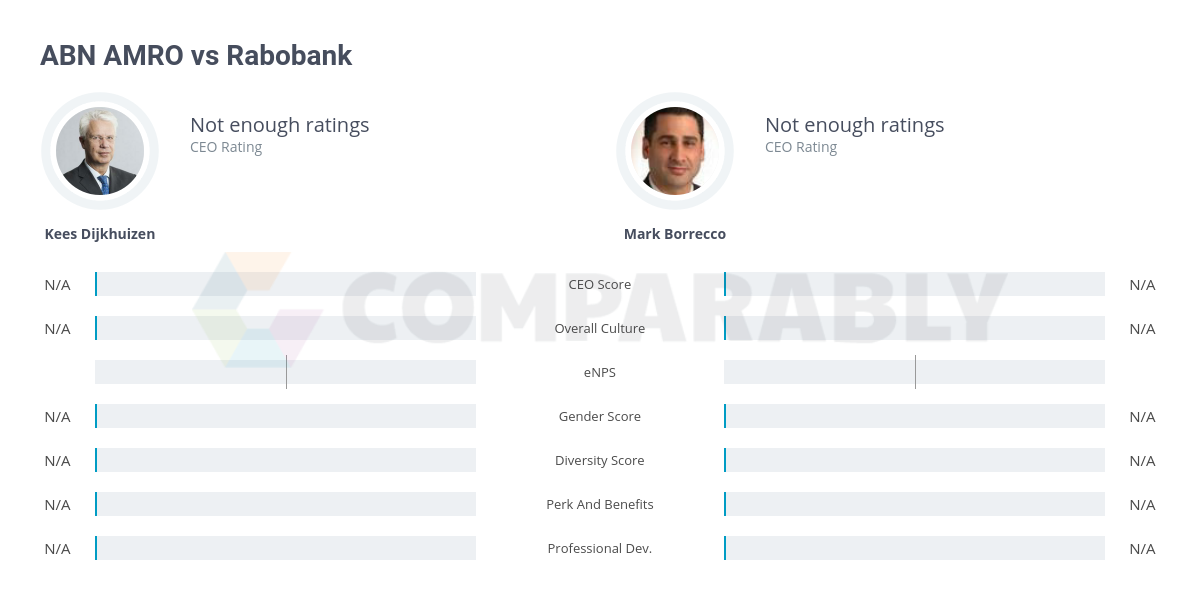 Geen Stijl Vs Abn Amro Debat Over Betaalbaarheid Woningen
May 21, 2025
Geen Stijl Vs Abn Amro Debat Over Betaalbaarheid Woningen
May 21, 2025 -
 Vybz Kartels Movement Curtailed By Trinidad And Tobago Minister
May 21, 2025
Vybz Kartels Movement Curtailed By Trinidad And Tobago Minister
May 21, 2025 -
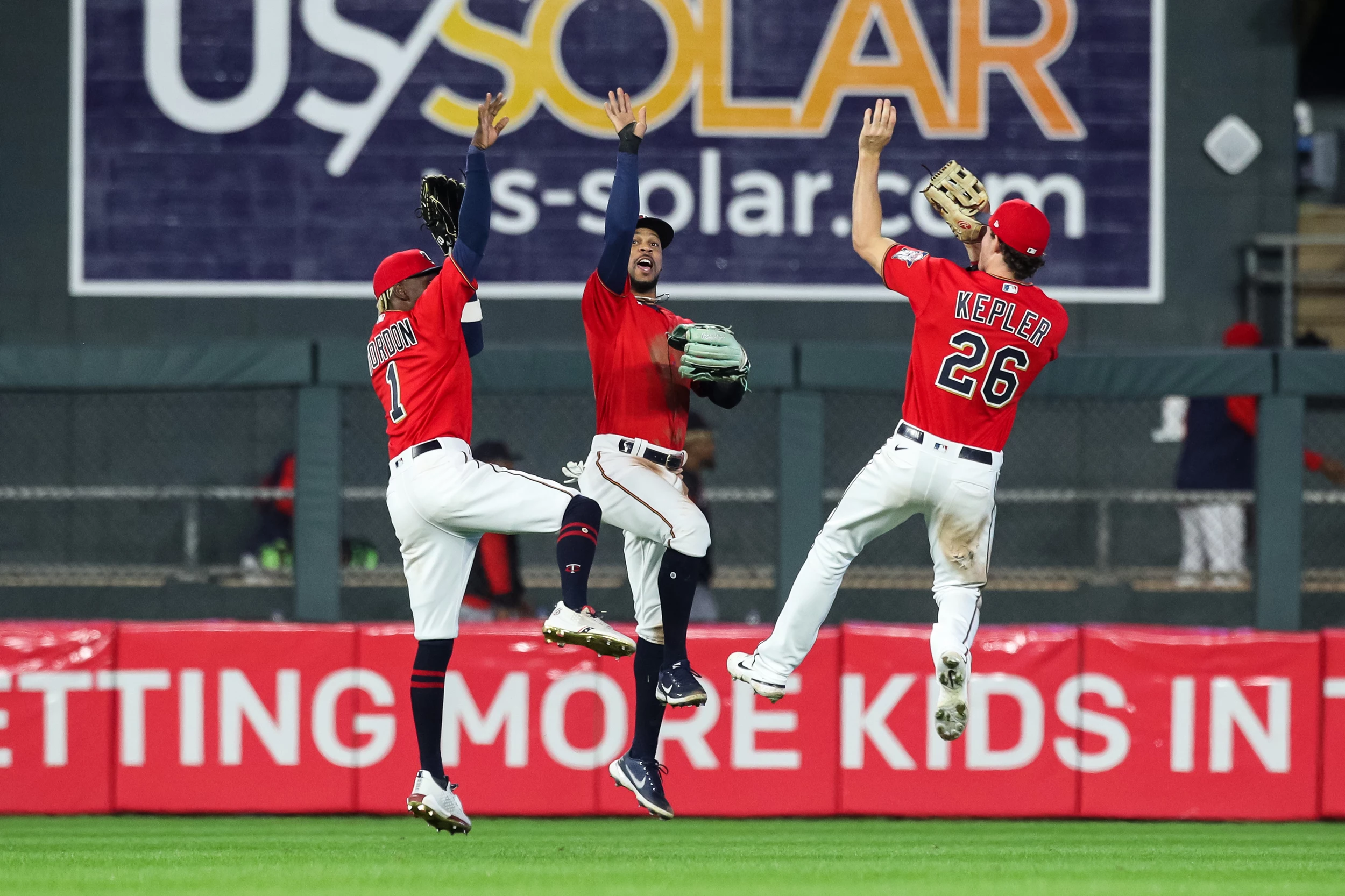 Kcrg Tv 9 Announces 10 Minnesota Twins Games
May 21, 2025
Kcrg Tv 9 Announces 10 Minnesota Twins Games
May 21, 2025 -
 Navigating The Love Monster Practical Strategies For Healthy Relationships
May 21, 2025
Navigating The Love Monster Practical Strategies For Healthy Relationships
May 21, 2025 -
 A Hidden Gem The Western Neo Noir Starring Dennis Quaid Meg Ryan And James Caan
May 21, 2025
A Hidden Gem The Western Neo Noir Starring Dennis Quaid Meg Ryan And James Caan
May 21, 2025
Latest Posts
-
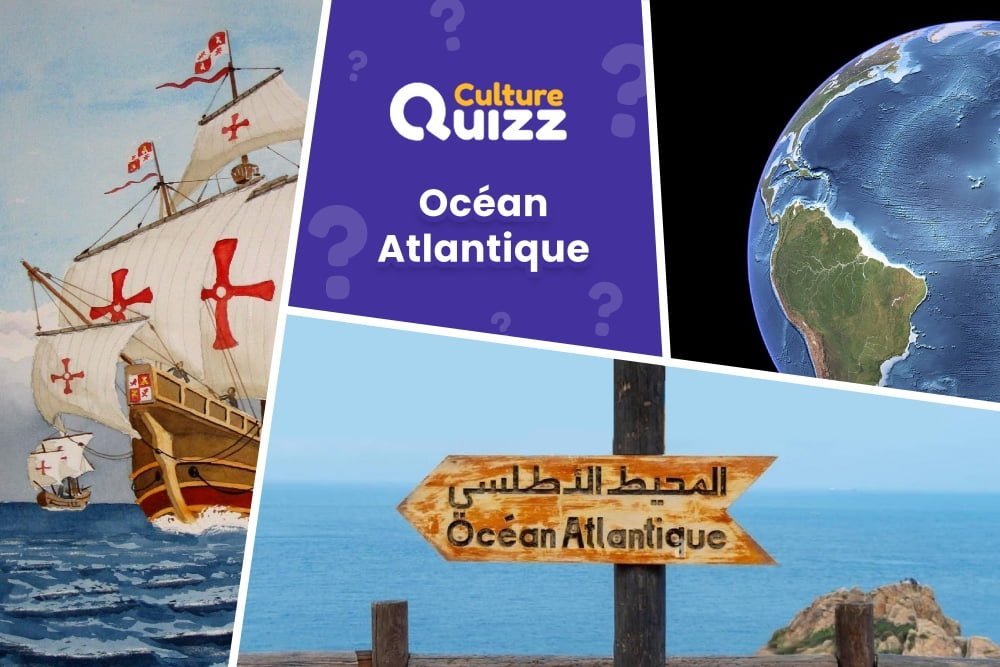 Quiz De La Loire Atlantique Histoire Gastronomie Et Culture
May 22, 2025
Quiz De La Loire Atlantique Histoire Gastronomie Et Culture
May 22, 2025 -
 Hellfest Prelude Les Ecrivains A L Espace Julien
May 22, 2025
Hellfest Prelude Les Ecrivains A L Espace Julien
May 22, 2025 -
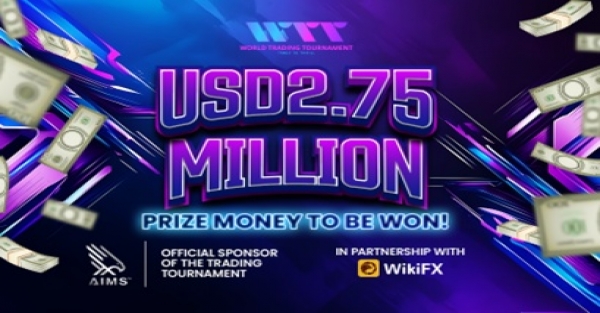 Official Partnership Aims Group And World Trading Tournament Wtt
May 22, 2025
Official Partnership Aims Group And World Trading Tournament Wtt
May 22, 2025 -
 Un Quiz Pour Explorer L Histoire La Gastronomie Et La Culture De La Loire Atlantique
May 22, 2025
Un Quiz Pour Explorer L Histoire La Gastronomie Et La Culture De La Loire Atlantique
May 22, 2025 -
 Loire Atlantique Quiz Histoire Gastronomie Et Culture
May 22, 2025
Loire Atlantique Quiz Histoire Gastronomie Et Culture
May 22, 2025
